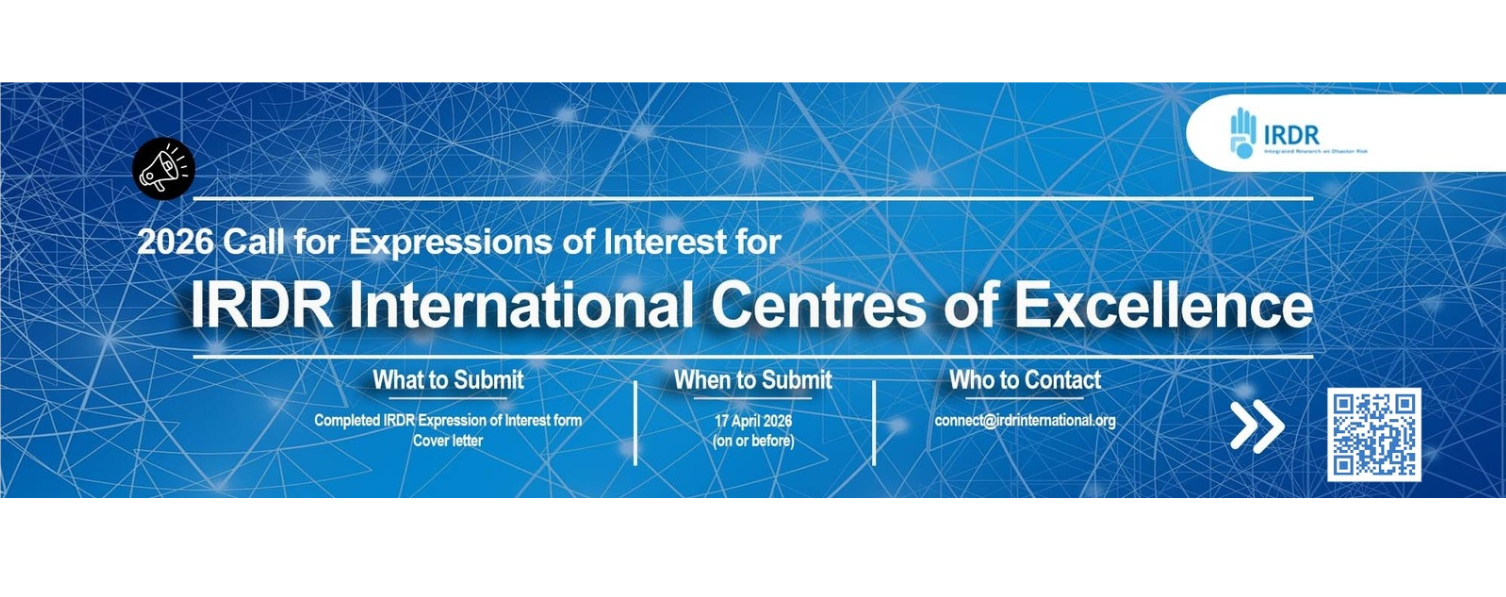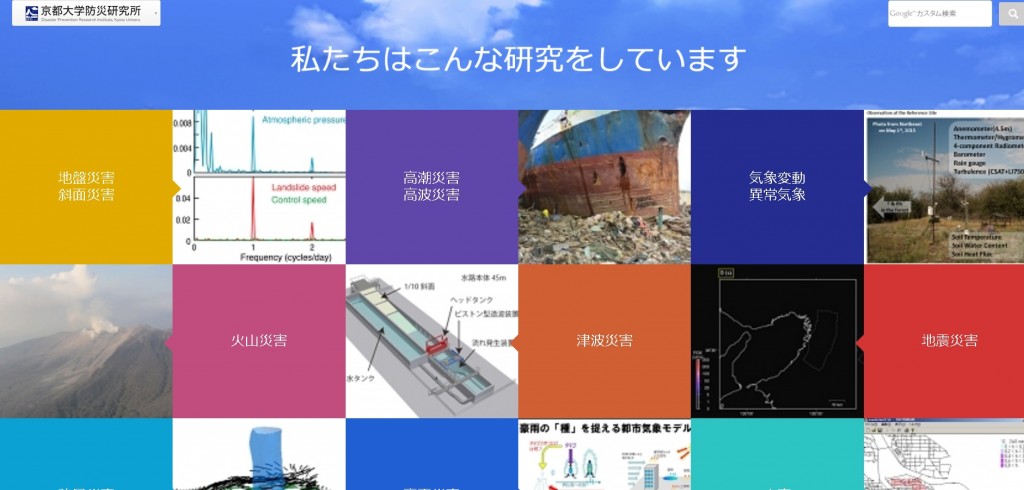Prof. GUO Huadong, Academician of Chinese Academy of Science, Ex-officio of IRDR, delivered a comment article “Steps to the digital Silk Road” on the international journal of science Nature. He urges that sharing big data from satellite imagery and other Earth observations across Asia, the Middle East and east Africa is key to sustainability.
In this paper, Prof. Guo analysed the problems and challenges of environments, food security, world heritage sites, and natural hazards exposed in the Belt and Road nations. However, the current infrastructure and data sharing mechanism in the area could not meet the needs of science and technology research to address these problems.
The Digital Belt and Road Program(DBAR) chaired by Prof. Guo was initiated in 2016 by Chinese scientists in cooperation with experts from 19 countries and 7 international organizations. The aim of this program is to improve environmental monitoring, promote data sharing and support policymaking using big data on Earth observations.
DBAR focuses on five priority areas, namely Enhance infrastructure, Promote data sharing and interoperability, Extend applications to more people, Identify research opportunities, Strengthen international collaboration. They were presented and discussed in the DBAR Science Plan.
In the end of the paper, Prof. Guo on behalf of DBAR invited more scientists to join this endeavour to build a digitial Silk Road for sustainable development.
Source: Nature 554, 25-27 (2018)






